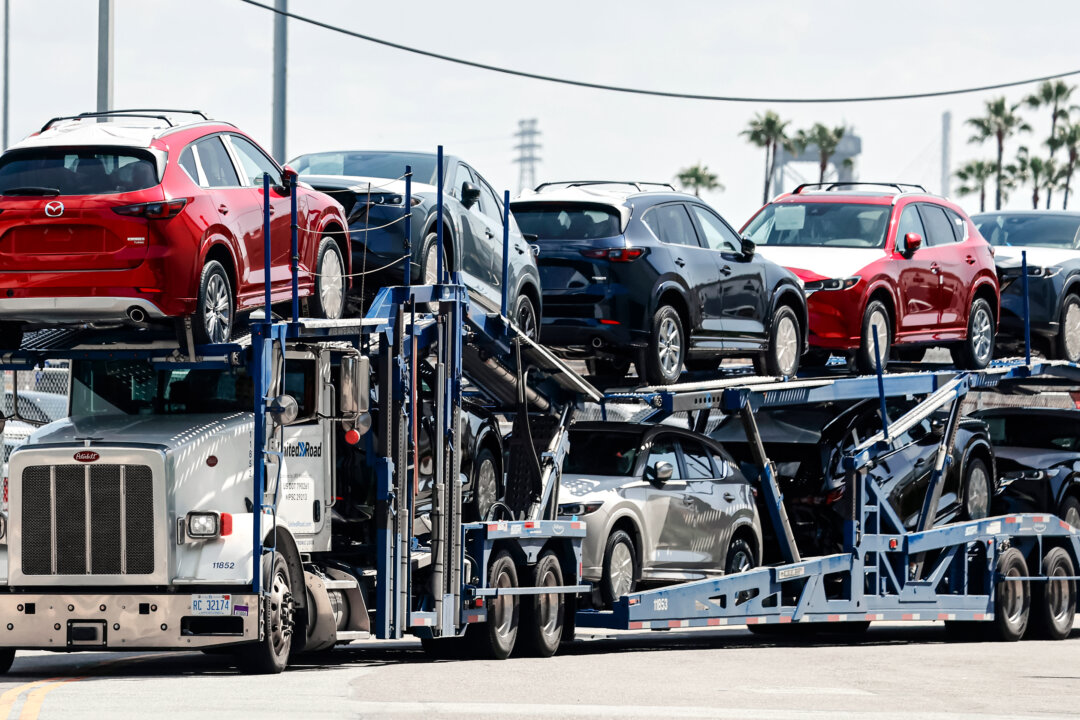US Implements 25% Tariff on Auto Parts Amid Industry Concerns
A 25% tariff on car parts begins in the US, raising costs and prompting automakers to reconsider production strategies while aiming to boost domestic manufacturing.
Subscribe to unlock this story
We really don't like cutting you off, but you've reached your monthly limit. At just $5/month, subscriptions are how we keep this project going. Start your free 7-day trial today!
Get StartedHave an account? Sign in
Overview
Starting May 3, a 25% tariff on imported car parts has been imposed by the US, intended to encourage domestic manufacturing. Despite some exemptions for USMCA-compliant parts, analysts predict significant costs will be transferred to consumers. General Motors expects $5 billion in additional costs due to the tariffs. The short-term implications could lead to price increases for both new cars and repair services, as companies prepare to navigate the new trade landscape. Experts highlight that the changes complicate existing supply chains and may delay potential factory expansions in the US.
Report issue

Read both sides in 5 minutes each day
Analysis
- The 25% import tax on car parts aims to shift manufacturing to the US but poses risks of higher production costs and consumer prices.
- Despite some companies experiencing sales growth, automotive executives warn that the upcoming tariffs could lead to significant new costs and uncertainties in production.
- The exemptions for USMCA-compliant parts create a complex landscape for automakers, with many still predicting increased prices and disruption in supply chains.
Articles (3)
Center (1)
FAQ
USMCA-compliant parts may remain exempt or partially exempt, with tariffs initially applied only to non-USMCA content. For example, a vehicle with 85% USMCA content would effectively avoid tariffs in the first year under proposed adjustments.
General Motors expects billions in added costs, including higher import taxes and reduced revenue due to expected price increases and lower sales.
Repair costs and insurance premiums are expected to rise due to increased prices for imported replacement parts, which dominate the repair market.
The White House offers reimbursements up to 3.75% of a vehicle's total cost if manufactured domestically, but analysts note this may not fully offset the tariffs' impact.
Price increases for vehicles and repairs could manifest within 1-2 months as tariffs apply to newly imported parts and inventory adjustments occur.
History
- This story does not have any previous versions.


